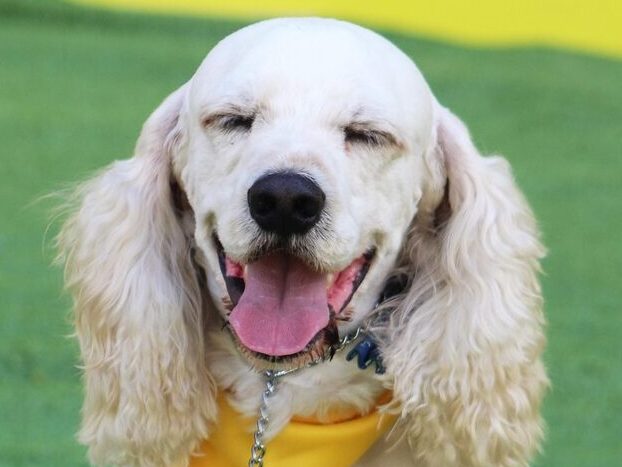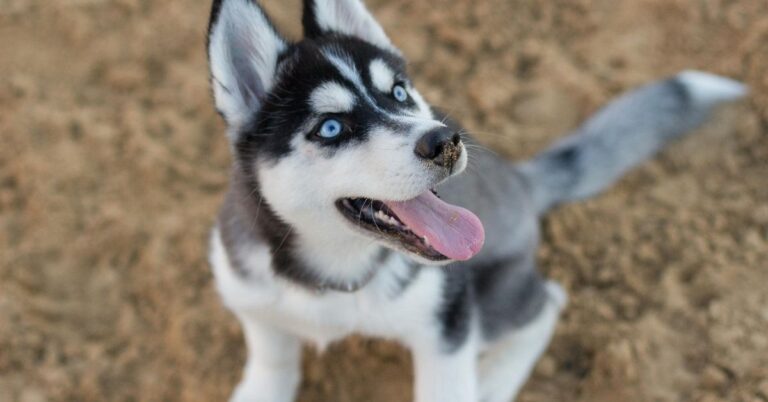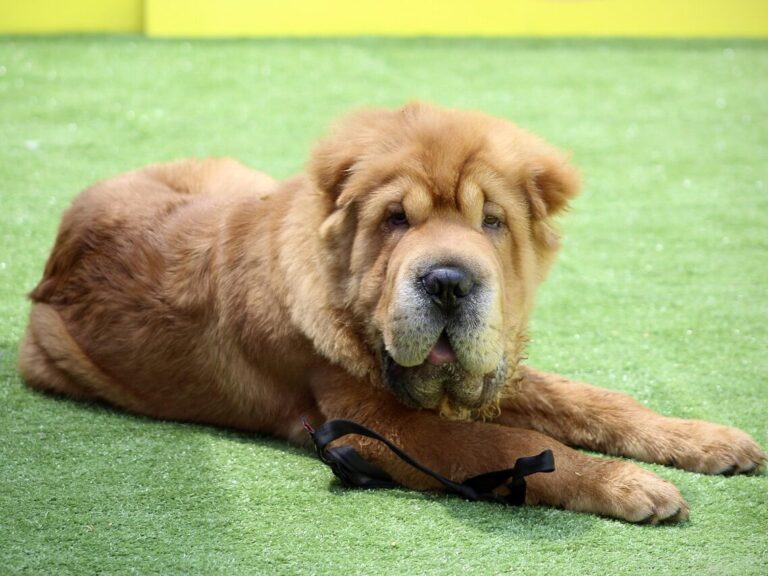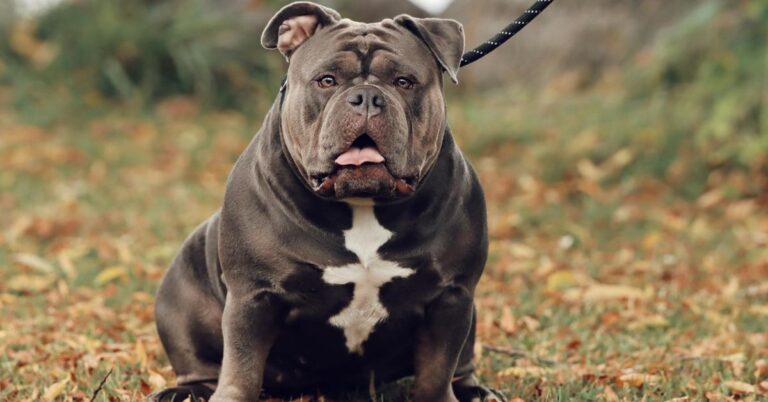10 Most Popular Service Dog Breeds
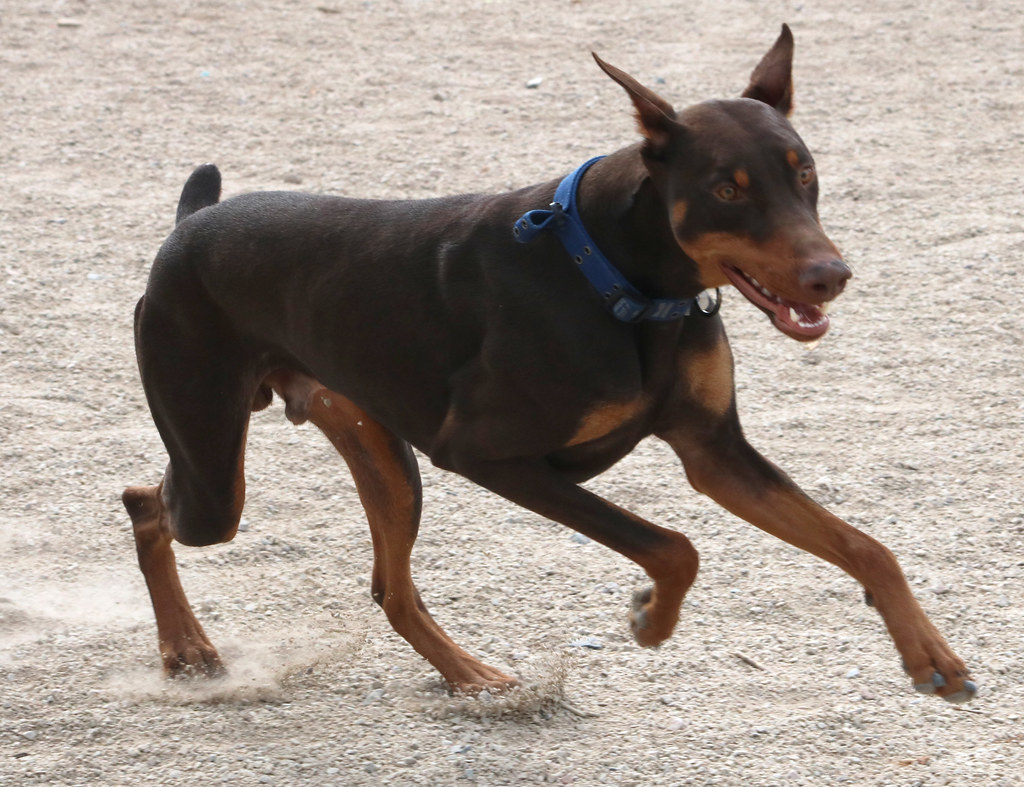
Service dogs are trained to assist people with disabilities in managing daily tasks and emergencies. From mobility support and guiding the visually impaired to alerting them of seizures or medical issues, these dogs improve the quality of our lives. Here are the top 10 breeds known for their excellence in service work.
Labrador Retriever

Labradors are among the most popular service dog breeds. Their intelligence and loyalty make them suitable for a variety of roles, from guiding visually impaired individuals to assisting with mobility tasks. Labradors are also adept at medical alerts, sensing blood sugar changes or seizures before they happen.
Golden Retriever

Golden Retrievers are known for their loyalty and intelligence, making them great service dogs. Their calm, patient character allows them to remain focused in different environments, which is why they’re often used as guide dogs and for medical alerts. Golden Retrievers’ strong sense of empathy and adaptability make them a perfect match for individuals needing emotional and physical support, including for conditions like autism and PTSD.
German Shepherd
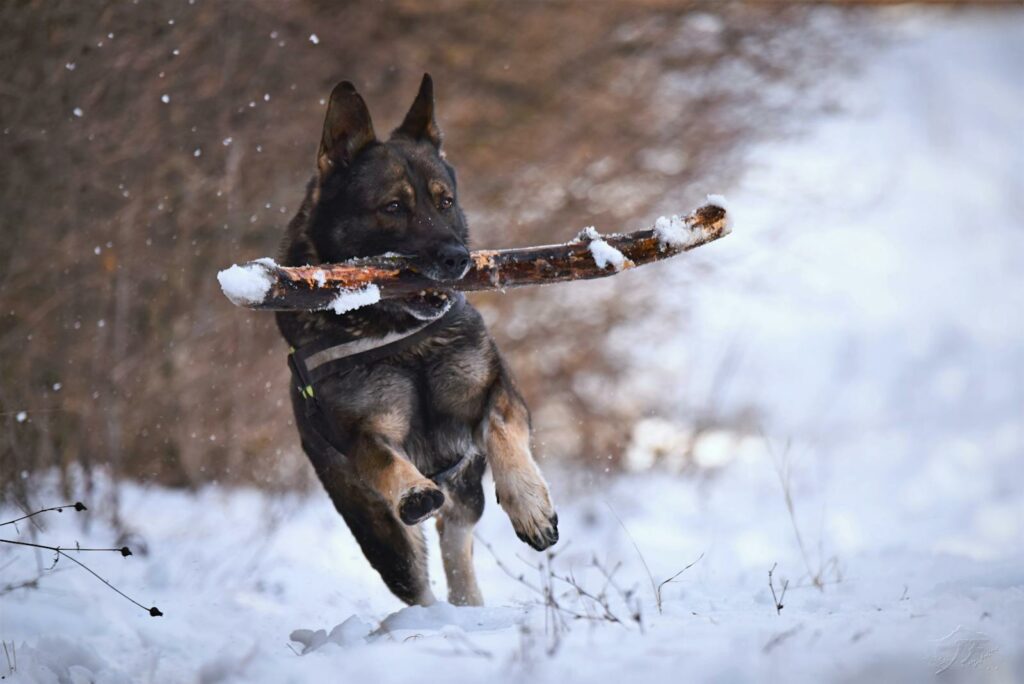
German Shepherds are celebrated for their intelligence, loyalty, and strength. Known for their disciplined nature, they are great in guiding, mobility, and medical alert tasks, such as for seizure detection. German Shepherds are ideal for those needing extra security, like individuals with psychiatric conditions or visual impairments.
Poodle
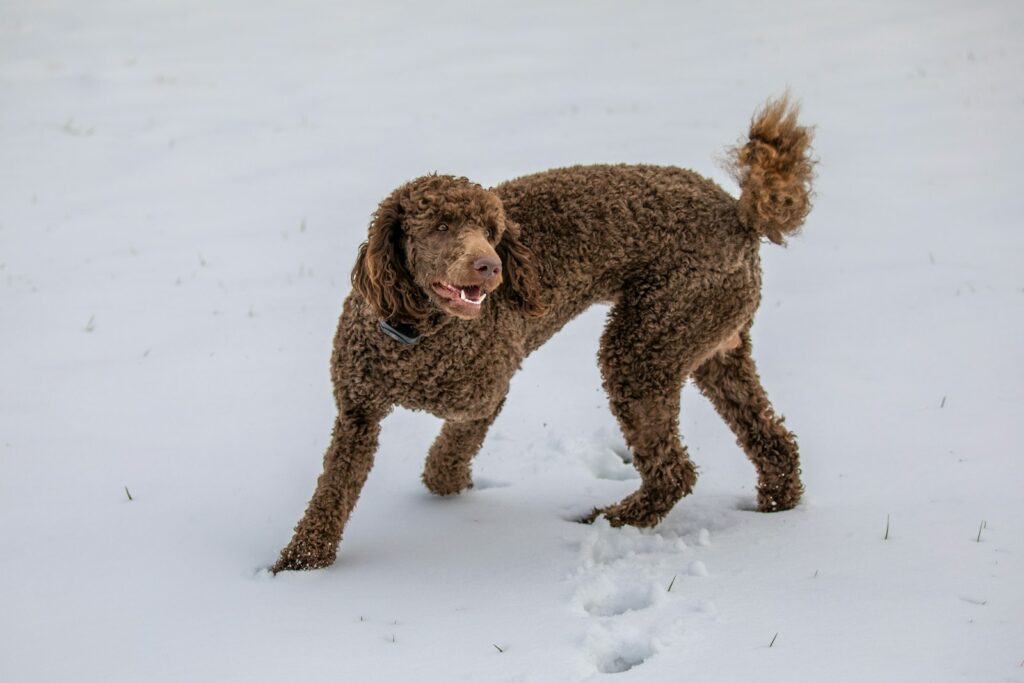
Poodles, especially Standard Poodles, are intelligent and hypoallergenic, which is ideal for handlers with allergies. They’re often trained as allergy detection dogs, alerting to allergens in food or the environment. Their adaptability and trainability also suit them for tasks like mobility support and psychiatric assistance.
Border Collie
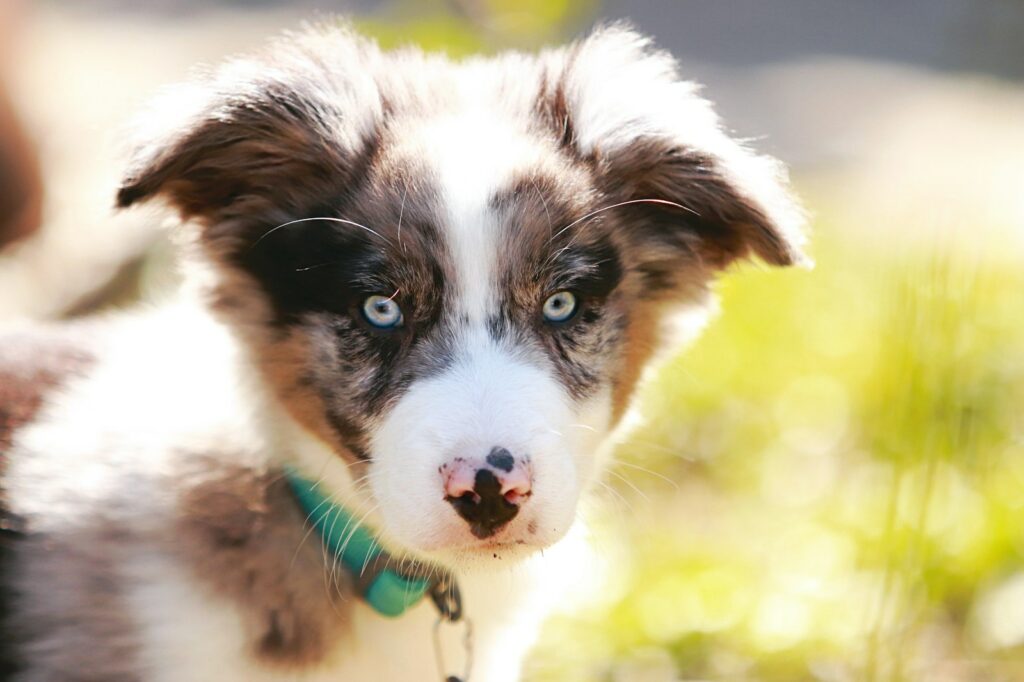
Border Collies are known for their intelligence, stamina, and problem-solving abilities. They’re often used in roles that require mental agility, like search and rescue, and for individuals needing psychiatric support. Their strong herding instincts help them focus on their handler’s needs, and they can be trained to perform a variety of tasks, including retrieving items and providing mobility support.
Boxer

Boxers are loyal, affectionate, and protective. Their patient and calm nature helps them excel in roles such as mobility support and stability assistance. Boxers’ natural alertness also makes them effective in detecting changes in their handler’s behavior or health, which can be vital in medical alert tasks.
Great Dane
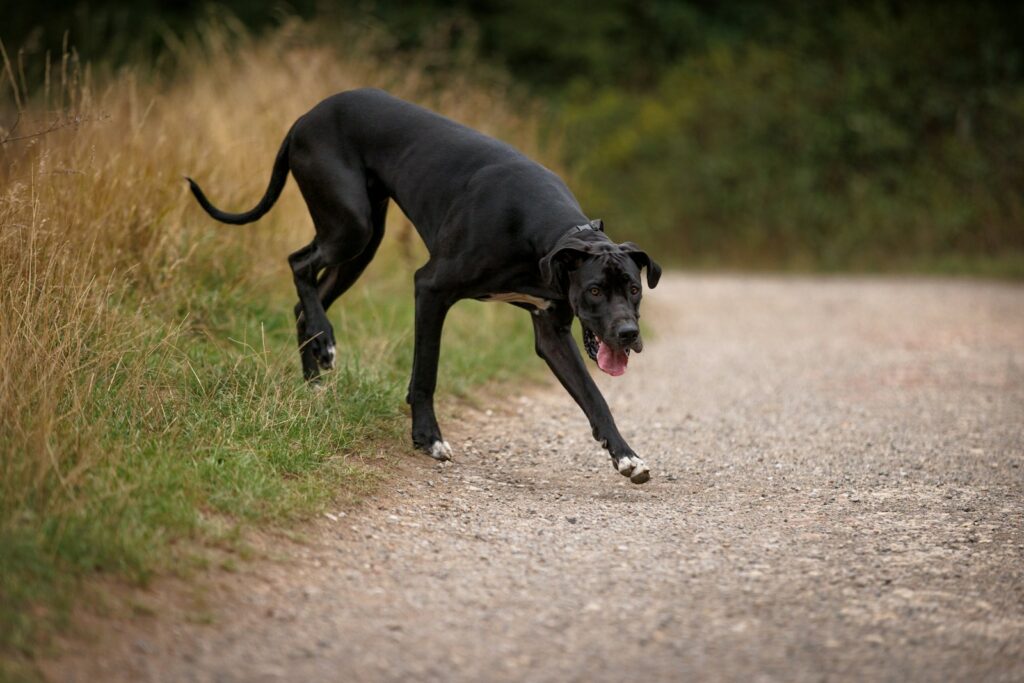
Great Danes, despite their size, are known for their gentle and patient temperament. They are ideal for individuals who need physical support, offering stability in roles such as mobility assistance. Great Danes are calm and dependable, which makes them comforting companions for handlers with anxiety or balance issues.
Australian Shepherd
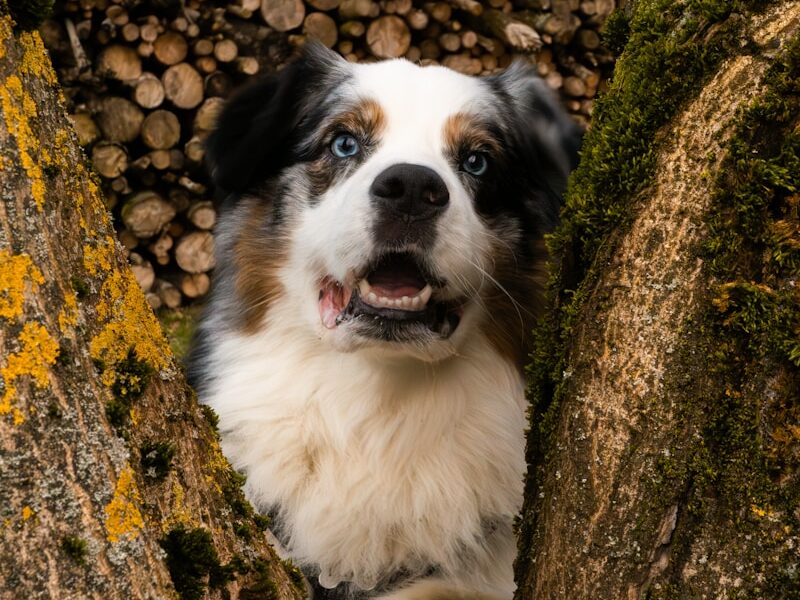
Australian Shepherds are intelligent, loyal, and energetic, ideal for roles requiring agility and mental stimulation. Often used as psychiatric service dogs, they help manage anxiety or PTSD by performing tasks like grounding their handler. Their strong herding instincts help them to stay close and attentive.
Bernese Mountain Dog

Bernese Mountain Dogs are known for their calm, affectionate nature and strength, making them suitable for mobility assistance and stability tasks. They are perfect for supporting individuals with balance issues or anxiety. Bernese Mountain Dogs are often used to provide both physical and emotional support, especially for people needing a calm pet in stressful environments.
Doberman Pinscher
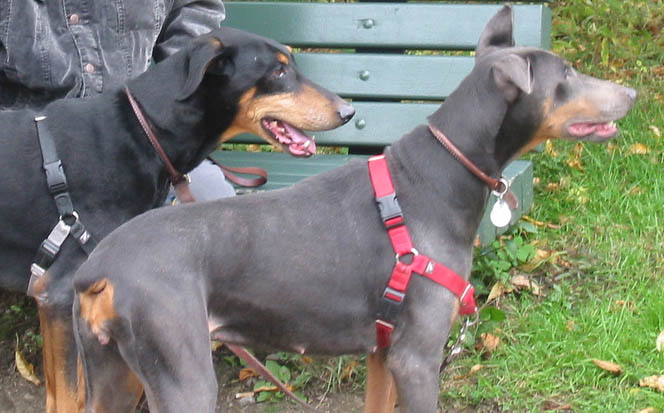
Dobermans are intelligent, alert, and loyal pups, often chosen for security-related service tasks due to their protective instincts. They can be trained to assist with mobility and psychiatric support, particularly for those needing a sense of safety. Dobermans’ disciplined nature and quick learning ability make them reliable for tasks like alerting to medical changes or providing emotional support.
